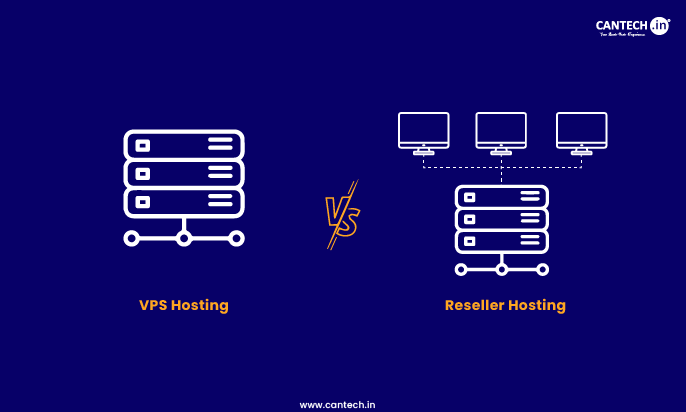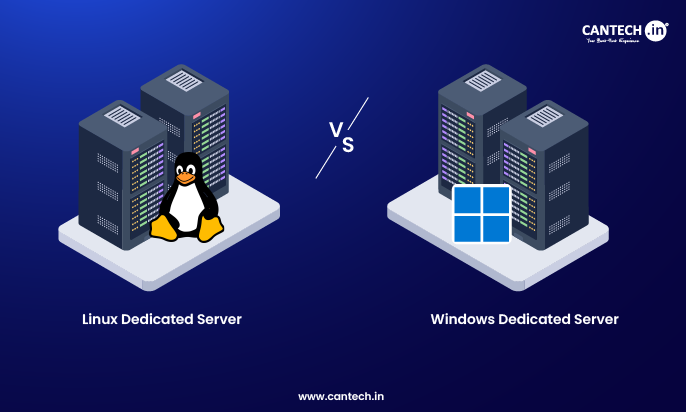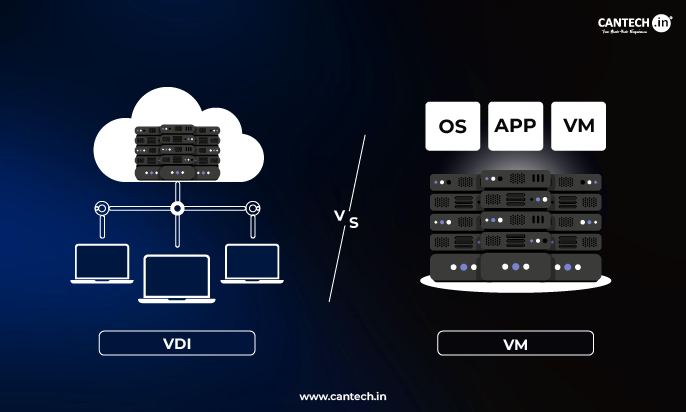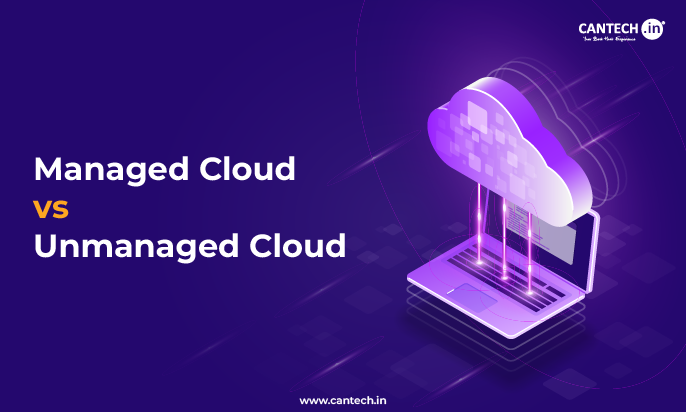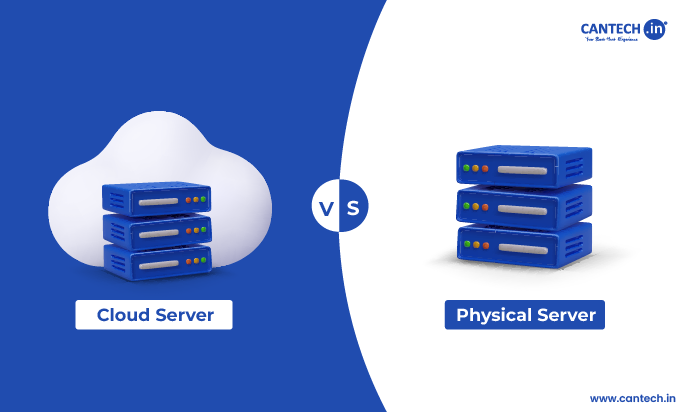You must have outgrown your shared hosting plan and you are probably at a crossroads. One of the paths is the pure, untamed power of a Virtual Private Server (VPS). On the other, the business-friendly, streamlined version of Reseller Hosting.
This is not a decision between two types of hosting, it is a decision between two very different directions of how you are going to be on the internet. One requires technical skills yet provides practically complete control. The other makes the technical side less painful, but needs a client management and sales flair.
Majorities of comparisons are surface level. This guide dives deep. We will go past the marketing jargon and discuss the implications of each of the options in the real world. You will have a crystal-clear view of which answer fits your technical capabilities and business objectives, and your budget, and thus will make an even smarter decision, which is not only smart but also profitable and sustainable.
What is VPS Hosting?
Think of a very large and physical server, a supercomputer in a data center. Take a cut at this: consider that the same single server is being sliced by a hypervisor (specialized software) into several, separated, virtual machines. All of them are Virtual Private Servers (VPS).
Key Characteristics of a VPS
Guaranteed Resources
Under VPS, you will get a certain dedicated share of the physical server resources. It comes with a specified amount of RAM (Random Access Memory), a fixed count of CPU (Central Processing Unit) cores and a fixed quota of disk storage usually on high-speed SSDs.
This exclusive reservation has a serious repercussion to your site or application. It implies that when the traffic is spike-like, be it due to your successful marketing campaign or a viral post your site has the dedicated RAM and processing power to absorb the traffic without crippling or collapsing. In applications that are resource-intensive such as e-commerce stores, membership sites, or even bespoke databases, this kind of guarantee is non-negotiable.
Full Root Access
The final administrative control level in a server environment, and it is a hallmark characteristic of a VPS, is to access root. Root privileges mean that you are no longer a tenant according to the rules that the landlord dictates, you are the owner of a virtual house whose nature is to do whatever you want and however you want. And this gives you the liberty to do more than what the pre-configured servers offer and customize the operating system and software of the server to exactly meet your project requirements.
Such a power carries a big responsibility. The possibility to install any operating system (such as Ubuntu, CentOS or Debian) or build your own web server stack (such as LEMP or a particular version of Node.js) also implies that you are the only one to bear the repercussions. Vulnerabilities may be created by a misconfiguration, or an insecure software.
Isolated Environment
Isolation of a VPS is realized by advanced virtualization technology that provides the creation of a rigid barrier between every virtual server within the same physical machine. This isolation is important since it guarantees that the operation of your server is not affected by the software, traffic and security posture of the other VPNs operating on the same hardware.
Such an environmental distance is directly associated with the improved security and performance. Security wise, in case some other VPS in the same physical server is compromised through malware or hacking, the isolation provides a kind of firewall and the breach would not be propagated to your virtual server.
Self-Managed or Managed
The question of whether to use self-managed (unmanaged) or a managed VPS is a very important decision and determines whether you will continue being associated with the server. A self-managed VPS is an empty slate with a lower base cost, however, the whole responsibility of management lies into your hands. This consists of initial configuration, periodic security patches, software upgrades, firewall configuration, performance monitoring and troubleshooting of any problems they may encounter.
On the other hand, managed VPS plan is where the hosting company handles the very technical management at an increased cost. They are in charge of the time-intensive and complicated processes such as protecting the operating system, implementing updates that are critical, overseeing the backups, and keeping track of the health of the server. It is a perfect solution to businesses, developers, and website owners who need the capabilities and performance of a VPS but do not have the time, knowledge or interest to manage operations on a server level.
What is Reseller Hosting?
Reseller Hosting is a special type of web hosting that is aimed at entrepreneurs. You buy a big hosting package with a hosting company Cantech and resell part of the disk space, bandwidth and other functionality to your own clients under your own label.
Read More:What is Reseller Hosting?
Key Reseller Hosting Features
White-Label Solution
Reseller hosting is essentially a white-label business model, which is structured to enable you to market the service as a complete part of your brand. This implies that you can place your company name and logo on the control panel and all communication with your clients could be channeled to you. Behind-the-scenes infrastructure and technology of the parent company that hosts you are entirely transparent to your end-users, where you are able to create a smooth brand experience..
This branding strength is strong as it will build customer confidence and strengthen your brand image as a full service provider. When the clients log into the site to manage their website, they can see your logo and the contact details of your company rather than the contact details of a third-party host. Such profound integration makes the hosting service look as a part of your offering that is native and that can greatly enhance client retention.
Control Panel Access
One of the technical characteristics of reseller hosting is available access to a master control panel, usually WHM (Web Host Manager). This robust interface is your administrative dashboard and it provides you with centralized control of all your reseller business. WHM: you are able to create, suspend and administer separate cPanel accounts to each of your customers, specify disk space and bandwidth quotas, and handle such features as email and databases.
This system provides a perfect balance of power and simplicity. While you wield full administrative control from the top level, each of your clients receives their own standard cPanel interface, which is user-friendly and familiar to most people who have managed a website. They have the tools they need to manage their files, emails, and databases without requiring any complex technical knowledge.
Pre-Configured Environment
The fact that reseller hosting offers a completely pre-configured and optimized server environment is one of the greatest benefits of this form of hosting. The parent hosting company also does the installation, configuration and the periodic maintenance of all the core server software such as the operating system, web server (such as Apache or Nginx), versions of PHP and database systems such as MySQL or PostgreSQL.
This is a huge advantage to the entrepreneur that does not manage the infrastructure. It entirely removes the heavy technical load of managing servers leaving you to focus solely on your core business be it web design, client management or marketing. There is no need to worry about the protection of the operating system, the optimization of the web server, or the elimination of software conflicts.
Billing/Support/ Responsibility
The reseller model has you squarely in the position of the service provider as concerns billing and client relations. You can also establish your own levels of pricing, design your own packages and make invoices to your clients. Profit margin is the difference between the wholesale cost that you are paying to the parent company and the retail price that you are selling to your customers.
Such entrepreneurial control implies that you are the initial and the major contact of the support needs of your clients. Not only their email queries but also their online web crash is your business and that creates a personal contact and makes your value stronger. In the case of technical issues that are outside your control like a network failure, a hardware fault at the data center, you can become an intermediary to your client by communicating with the support team of the parent company.
The Decision Matrix
This is what our EEAT approach consists of: giving actionable, experience-based suggestions based on the situation of the user.
Choose VPS Hosting If…
You are a developer or possess have Sysadmin Skills:
You are familiar with SSH, setting up firewalls (such as CSF), web server (Apache/Nginx) administration, and software stack installation. The root access power is an instrument, not a menace.
You operate a high traffic website or WooCommerce Store:
You have a blog that has become viral, your online store is receiving hundreds of orders a day, or your membership site is expanding at a rapid pace. Stability and speed demand guaranteed resources and isolation of a VPS, which cannot be compromised.
You have to execute custom software or apps:
You are creating a special SaaS application, require a particular release of a programming language, or a personalized database setup. VPS enables you to create your ideal environment.
You Values Performance and Security More than Other Things:
You require an iron-clad protection of sensitive data, and will learn (or buy the expertise) to do so. The ceiling of performance of a VPS is extremely huge compared to any reseller plan.
You Would Like to Have Wants a Sandbox to Learn:
VPS is a great and economical means of acquiring practical experience in the management of a server, which is a very valuable skill in the IT industry.
Choose Reseller Hosting If…
You work with a Digital Agency or are a Web Designer:
You would like to offer hosting along with your web design/development offers. It establishes a recurring stream of revenue, and makes handling of clients easier, all under a single roof.
You Would Like to Start a Web Hosting Company:
This is the most direct path. It has a low entry barrier and is white-label branded which means you only need to spend enormous amounts of infrastructure to start your own hosting brand.
You maintain several sites of clients or of your own:
You may be running a few small business websites on behalf of your friends or relatives. The reseller account allows you to host all of them individually, safely, and in an effective manner through one control panel.
You do not have profound technical experience in server-management:
You might be good at cPanel, and the command line can be a fright. Reseller hosting offloads the complex server-management tasks onto the professionals, with you being able to concentrate on your customers and company.
Your ultimate objective is a recurring revenue with low overhead:
The business premise is simple: sell hosting packages. The difference between the cost and your price is pure profit and that is a service that clients will pay monthly.
Underlying Reality and “Best Practices”
This part provides advice that normally lacks in a sales page and is based on actual experience.
For the Aspiring reseller:
- Select your Provider carefully: The reputation of your company is connected with the uptime and support of your provider. Conduct thorough research. Do not simply choose based on price. Find providers whose support reviews are stellar and have a high history.
- Establish your level of support: Do you provide 24/7 support? What are the problems you will work on by yourself and which ones will be passed up to your provider? Write a clear service-level agreement(SLA) to your customers in order to control your expectations.
- Not competition but price to make profit: You should include the support and management time in your pricing. The higher prices can be justified by value-added services like installation of secure online connections (SSL), weekly backups and security checks.
- Upsell, Don’t Just Resell: The real money isn’t just in hosting. Offer website maintenance plans, SEO services, and security audits. Your hosting becomes the gateway to a fuller, more profitable service relationship.
For the Budding VPS Admin:
- Start with a Managed VPS: A managed VPS is a good entry level server platform when one does not know anything about server administration. It allots vast power and resources and the hosting provider takes care of primary security and updates. With time the responsibility of the user can be taken into more and more responsibility.
- Security Is Primary: The unsecured VPS is a liability. As soon as they are deployed:
- Modify the default SSH port.
- Disable root login via SSH.
- Create key-based authentication.
- Install a firewall, e.g. UFW or CSF.
- Install and set up an antivirus/malware scanner, such as ClamAV.
- Check frequent updates of software.
Automate Backups Strictly: You are in charge of data. Enable off site, automatic back ups. Such services can be offered by the hosting provider or you can use third party solutions like Dropbox, AWS S3 or Backblaze. Periodically verify the backups by checking their integrity.
Use a Control Panel: Control panels like cPanel/WHM, plesk, or DirectAdmin make the administration of VPS much easier especially when you have more than one website. They generalize most of the complex structure into an interface that is approachable to the user.
Future and the Hybrid Approach
The chosen set-up is not always here to stay. Effective Internet workers often change their hosting plans.
The Hybrid Way: Many agencies start out with Reseller Hosting to host client websites. Once they get bigger and their proprietary corporate site or client applications have increased demands on the resources, they deploy a dedicated VPS to handle such high-performance requests. This is a common and highly effective strategy of the best of both worlds.
The Cloud Evolution: In the current market, cloud VPS service is often more affordable and can be easily scaled as compared to conventional VPS services that shared web hosting services offer. They are the reasonable evolution of the VPS model providing significant flexibility and pay-as-you-go pricing. This is considered to be the best destination to those who are technically proficient.
Conclusion
The comparison of VPS and Reseller Hosting does not give a single winner but, instead, the right decision depends on your present situation.
In case you have the necessary technical savvy, demand high performance and need to have full control of your server space, then VPS should be adopted. This kind of choice is an investment into the abilities of your project and personal skill development.
Otherwise, in case building a client-focused business, creating a long-term flow of revenues, and avoiding the complexity of server management are your key goals, Reseller Hosting is a good option. This is a strategy of investment in your business model and client relationships.
The journey of each professional is unique. Assess your skills frankly, set your goals clearly, and think about the future development of your web presence. This way, by choosing the decision which fits and suits your core strengths and the aspirations, you will not only pick a hosting plan but will create the basis which will allow you to continue being successful in the future.
Prepared to proceed? Having this information, you can now judge specific providers without any doubts. Find the ones that provide cost-effective pricing, the full range of services, and the migration policy that will help to move your websites at the right time.
